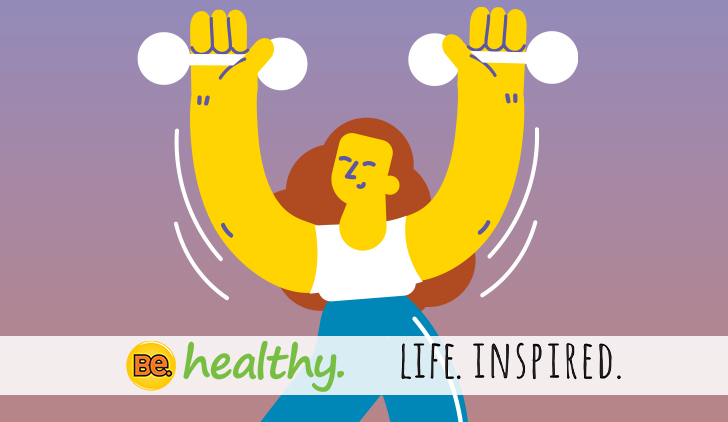
You need a certain level of energy to perform at your best. Think of your body as a battery that needs to be consistently recharged for peak mental and physical well-being.
Feel-good factor
Taking time to rest and relax can help improve your mental health. Relaxation activities like meditation and yoga can reduce anxiety and stress. Not into those? Exercising can also help elevate your mood and recharge your battery. These activities help the body produce more “feel-good” hormones.
Positively affect your physical health
Deep relaxation can help people suffering from high blood pressure, pain and heart disease. Exercising will strengthen your bones and muscles while boosting your immune system.
Get an energy boost
In addition to incorporating relaxation activities and/or exercise into your everyday life, you can improve your energy levels through these helpful tips:
-
- Know your limits. Whether it’s your professional or personal life, focus on your priorities, and be open to asking for help.
- Stay away from tobacco products.
- Get plenty of sleep. Adults should get at least 7 hours each night. Along with feeling tired, a lack of sleep can increase your risk of heart disease, diabetes and obesity.
- Eat foods with a low glycemic index, which contain sugars that are slowly absorbed, such as whole grains, high-fiber vegetables, and healthy fats like nuts and olive oil.
- Stay hydrated. Not drinking enough water can cause fatigue.
- Be smart with caffeine. Many people turn to energy drinks, but they are often loaded with sugar and far more caffeine than a cup of coffee. This can cause the body to crash once the effects wear off.


